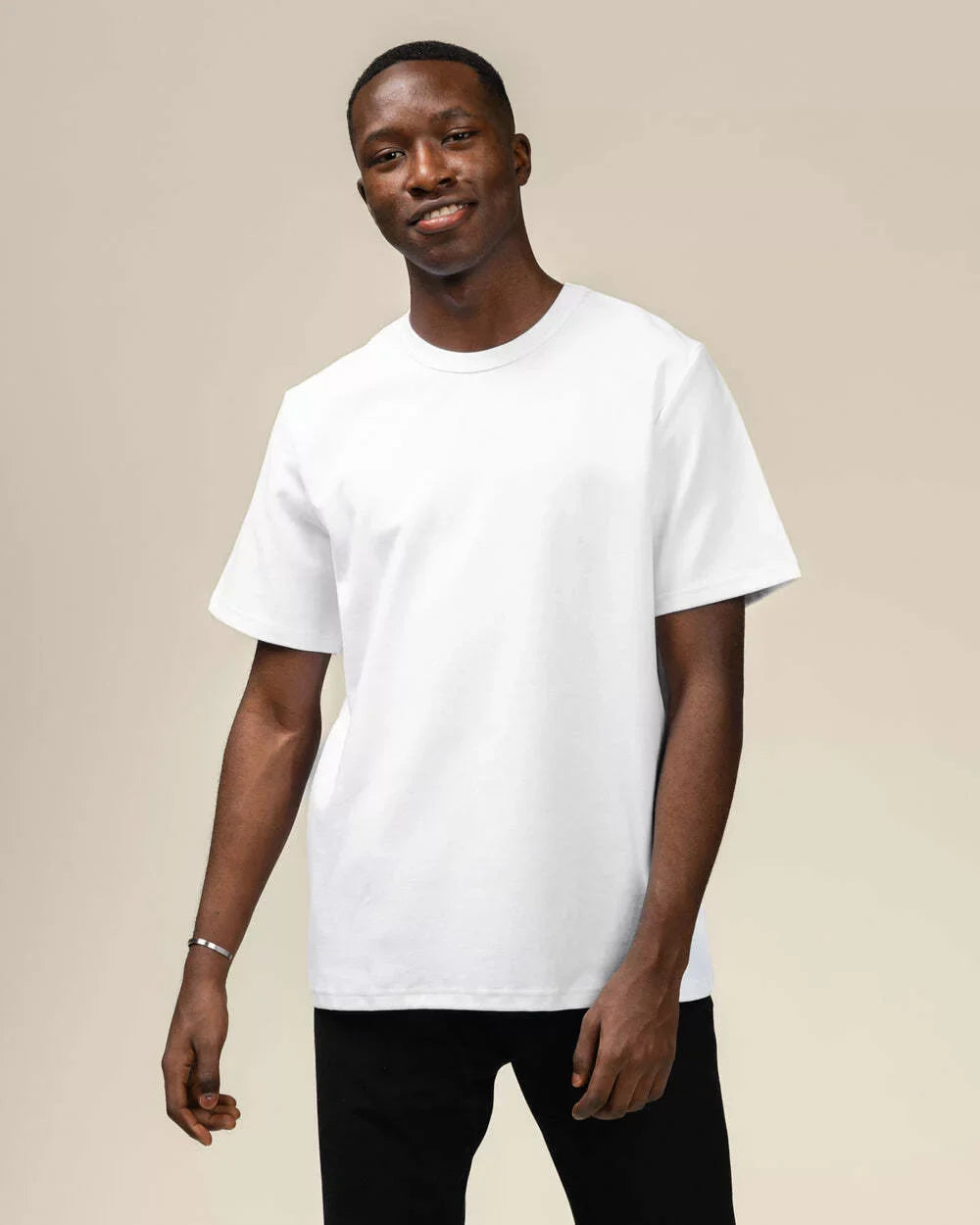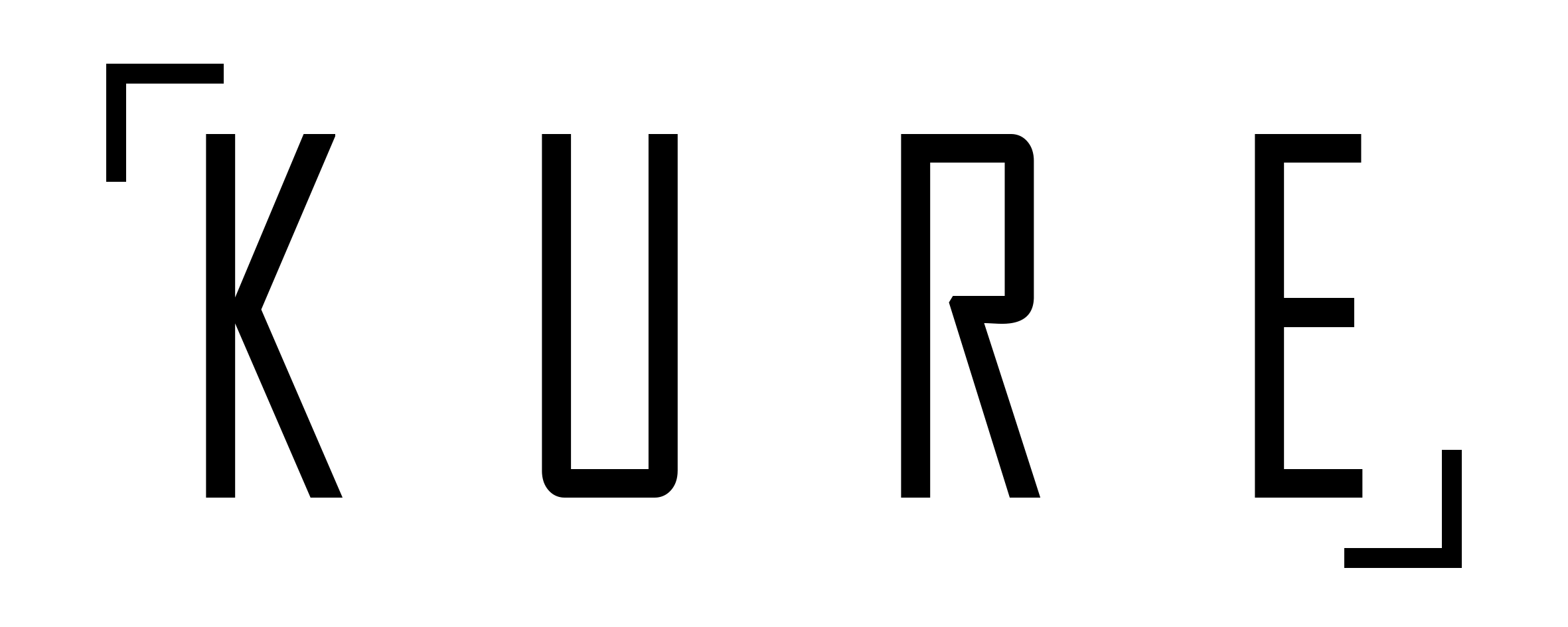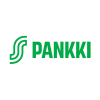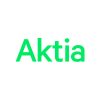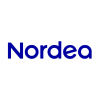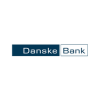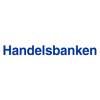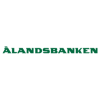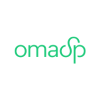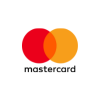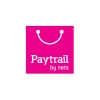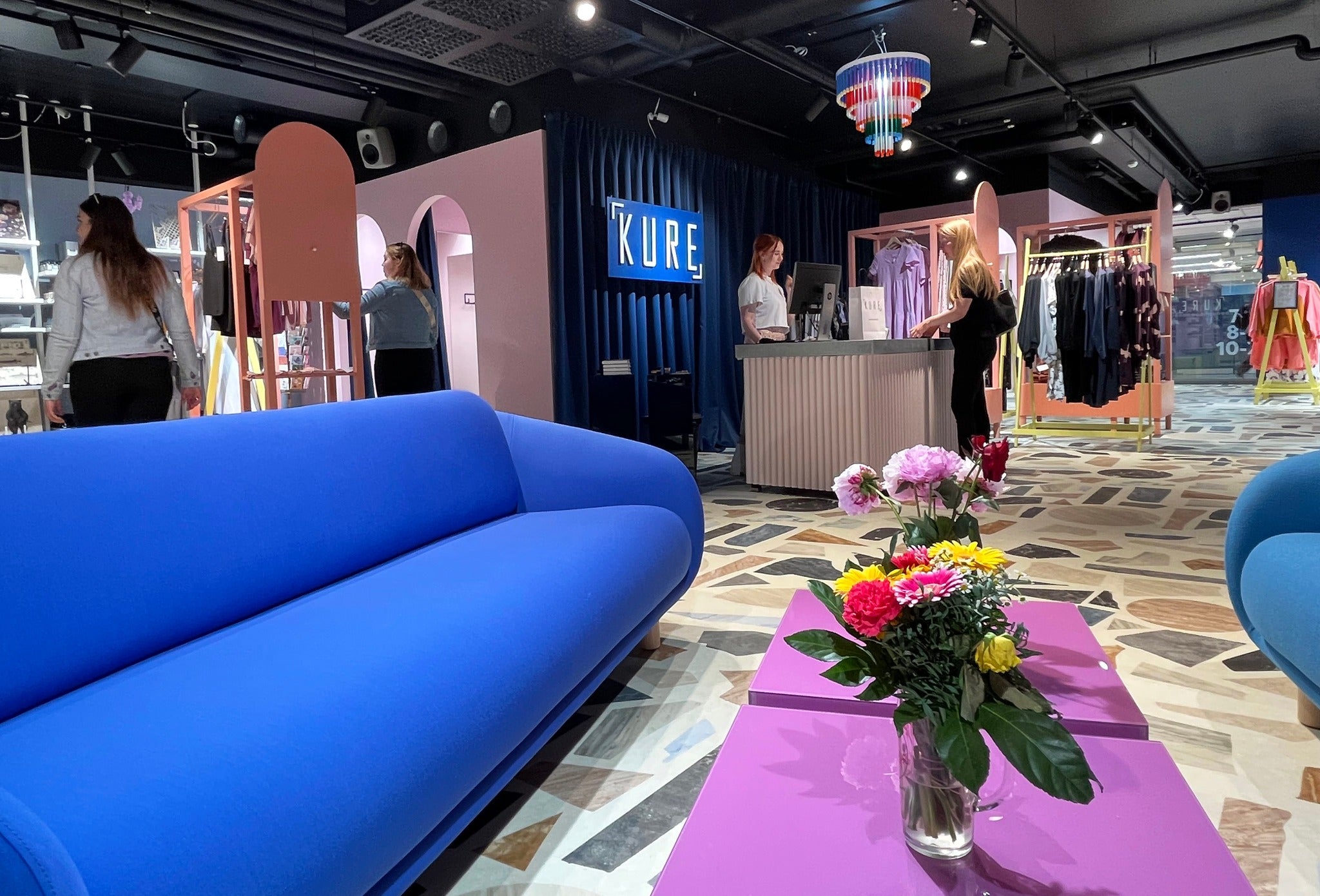The purpose of various certificates is to inform the customer about the durability of the product. However, the lack of a certificate from a clothing brand does not always mean that the garment was not sustainably produced. This is because it costs money to get a certificate and therefore small clothing brands are often unable to certify their products. However, they may use certified material in their production.
For us people from Kure, ecology and ethics are at the core of sales. That's why you can find different certificates in our product range that communicate the durability of the product.
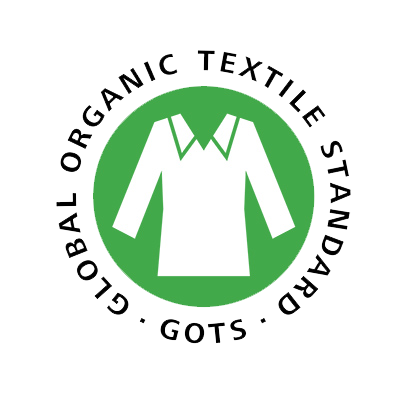
GOTS
GOTS is an organization whose purpose is to promote organic textile production. It is also the world's leading certification system for organic textiles. GOTS consists of four organizations: OTA (USA), IVN (Germany), Soil Association (Great Britain) and JOCA (Japan).
The goal of the organization is to certify the product's manufacturing arc, from the cultivation of the raw material to the finishing stage of the product. The certification is divided into two categories: "Organic", which means that at least 95% of the product's fiber is organically produced, and "Made with organic materials", in which case at least 70% of the fibers are organically grown and no more than 10% synthetic. Only certain environmental and toxic content values are accepted in production. The use of chemicals is generally limited. In addition, the water used in production must be purified before entering nature.
The purpose of the GOTS organization is also to emphasize the social criteria of the entire manufacturing cycle, which ensure fair working conditions for the workers involved in production. In order for GOTS to promote transparency, each participating company has its own license number, which allows the consumer to track the company in an open database.
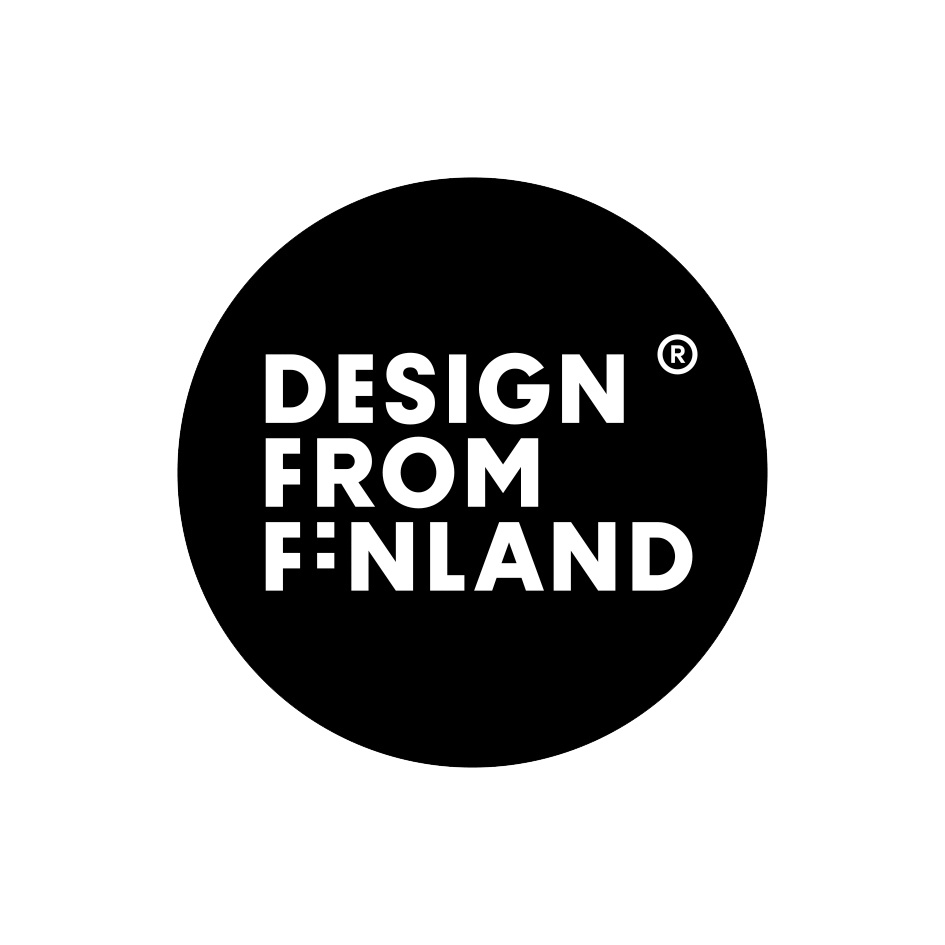
Design from Finland
The Design from Finland label informs the customer that design has played an important role in the creation of a product, product group or service. To get the certificate, the company must show that it has invested in Finnish design. The mark informs the customer that the user-oriented product or service has been designed in Finland. The purpose of the brand is also to support the marketing and sales of Finnish companies. The certificate also arouses interest among customers internationally. The company must also demonstrate that the design investment has achieved business benefits.
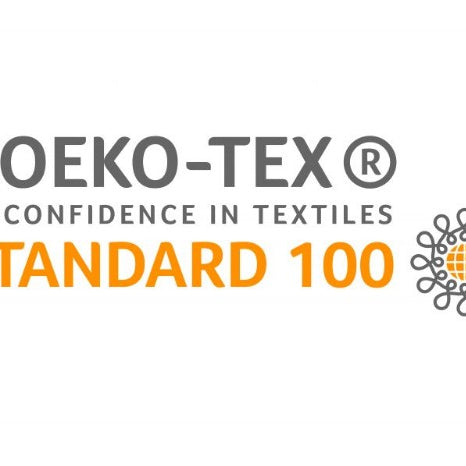
Oeko-tex 100
Öko-tex 100 is a standard used in the clothing and textile industry. Its purpose is to ensure that the standardized product does not contain substances harmful to the consumer. Standard or originated in the 90s by the Austrian Textile Research Institute (ÖTI) and the German Hohenstein Research Institute to meet consumers' demand for non-toxic textiles. An independent research institute issues the certificate to companies.
The purpose of the standard is to test according to certain criteria that the product does not release chemicals harmful to the consumer. The certificate limits the use and quantity of certain chemicals. The products must not contain pesticide, heavy metal or formaldehyde residues. The criteria are based on the latest research and are updated annually. Therefore, the certificate is issued for only one year at a time. The requirements are stricter, the more the product comes into contact with the skin.
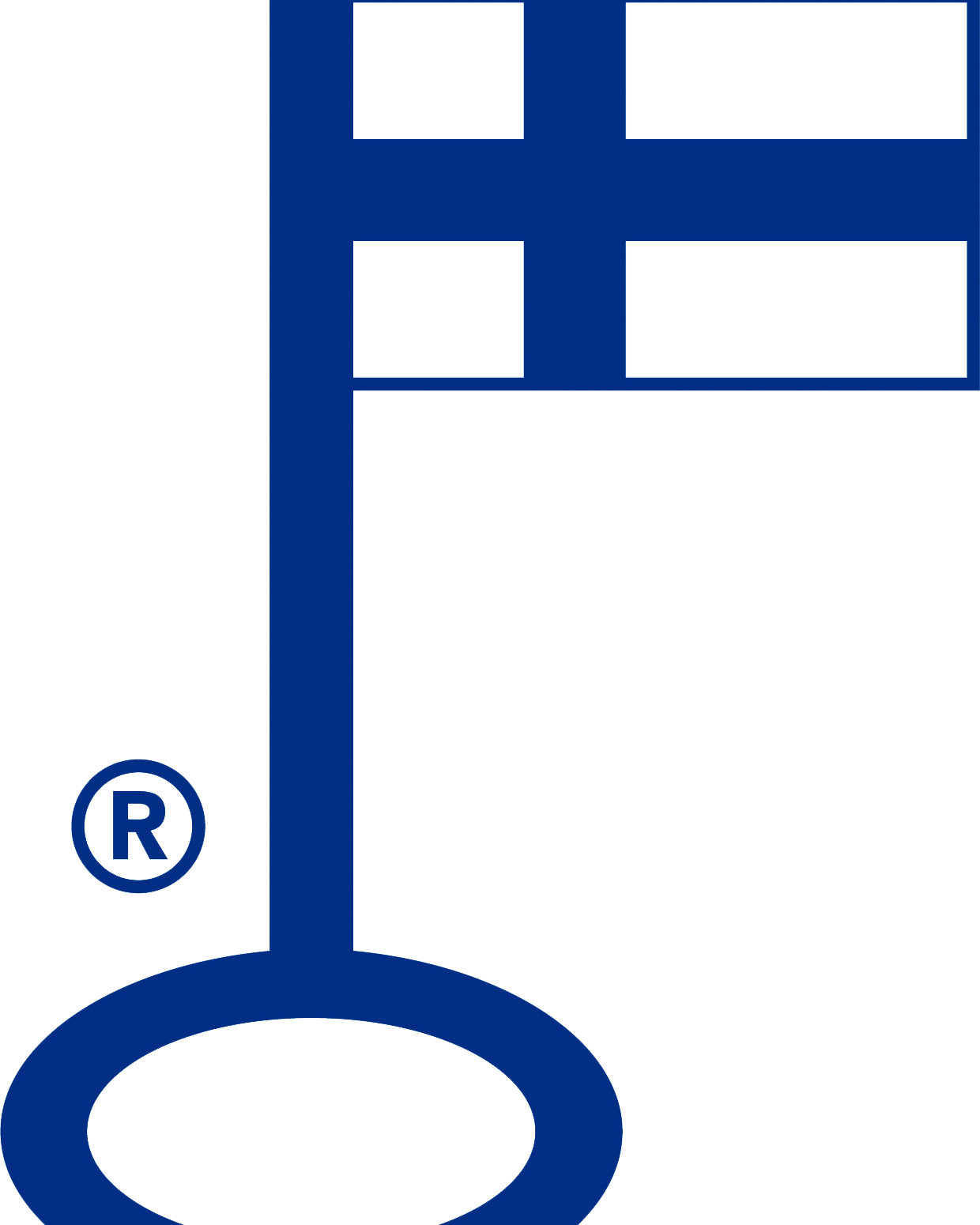
Key ticket
The key ticket certificate helps the customer to choose a Finnish product. The Avainlippu brand has been communicating to customers that they are from Finland for more than 50 years. It is a registered trademark that indicates that the product or service is manufactured or produced in Finland and employs people in Finland. The degree of domesticity of the product or service must be at least 50 percent. On average, the degree of domesticity of Avainlippu products and services is more than 80 percent. Service companies must have a significant domestic ownership stake, i.e. management operating in Finland and a head office located in Finland.
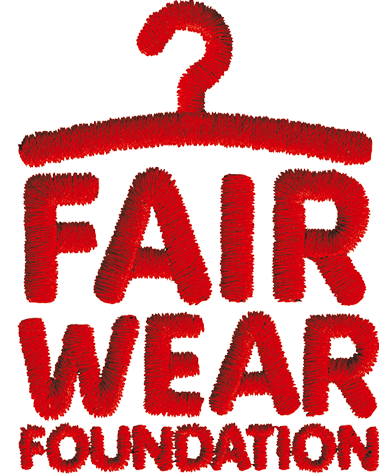
Fair Wear Foundation
The Fair Wear Foundation is a non-profit organization that works to improve the working conditions and rights of people working in the sewing and finishing stages. The organization is active in 15 different production countries in Africa, Asia and Europe. About 100 brands belong to the FWF organization. Clothing brands can join the FWF organization to improve the working conditions and rights of their employees. A clothing brand can start using the FWF label on its products when 90% of the production has been changed to ethical. However, the improvement of employees' conditions will continue from now on. If there is a change in the conditions for the worse, the company will not be shut down, but cooperation will be continued in order to improve the working conditions.
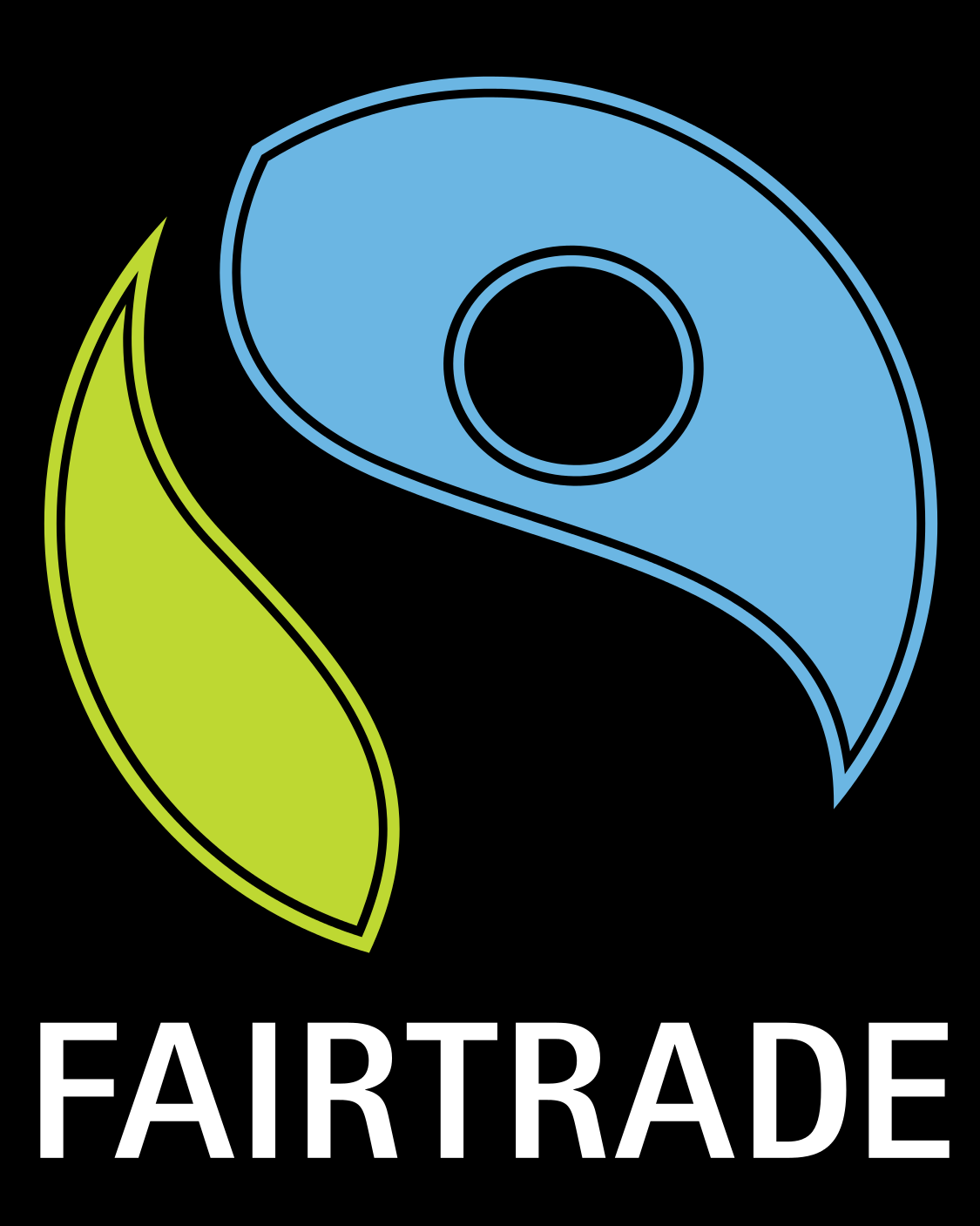
Fair Trade
Reilu Kauppa is an organization that offers a simple way to reduce global poverty. The purpose of the organization is to influence the lives of people in developing countries. The organization's brand system aims to address the structural problems of world trade. The aim is to implement this through commercial cooperation. The goal of the Fair Trade system is to support small producers in developing countries so that they can act as equal players in the international market. The purpose is to receive a fair compensation for the products. At the same time, they also have a positive effect on the well-being of their own living environment. Fairtrade Labeling Organizations International sets the criteria for the system.
A Fair Trade supplement is paid for the products, which is used to develop local communities. Reilu Kauppa-branded clothes are certified for the proportion of cotton production due to the fact that currently the entire production chain cannot be certified yet.


